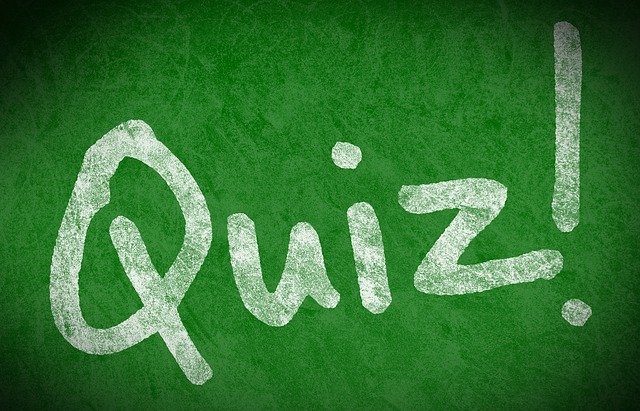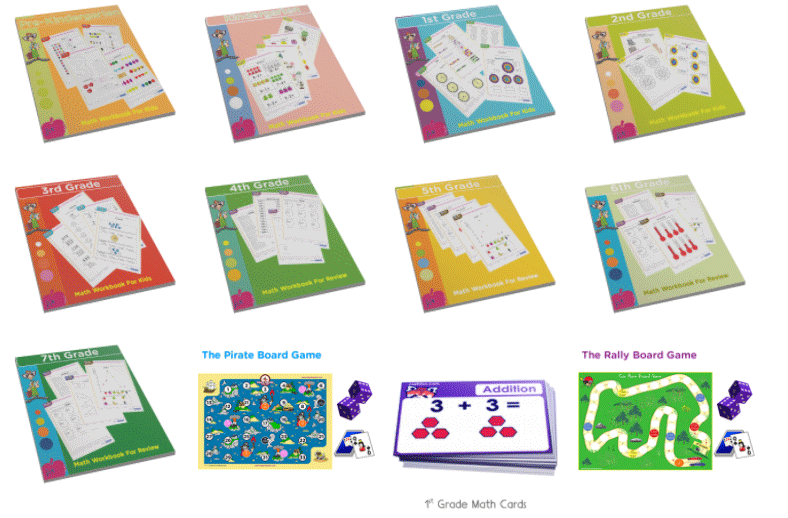Relate time units – hours, minutes, seconds, days Online Quiz
Teaching time units
Time is something that we use every day, and it’s important for kids to understand how it works. We use different units of time to measure how long something takes. Some common units of time include hours, minutes, and seconds.
An hour is a unit of time that is equal to 60 minutes. Think of an hour as a big block of time. For example, if you have to go to school, you might say that you have to be there at 8:00 in the morning, and you’ll be there for 6 hours until 2:00 in the afternoon.
Minutes are a smaller unit of time than hours. There are 60 minutes in one hour. So, if you have to wait for something for a little bit, you might say you have to wait for 15 minutes.
Seconds are even smaller units of time than minutes. There are 60 seconds in one minute. If you’re timing something that is very quick, like how long it takes an ant to walk across a piece of paper, you might use seconds to measure how long it takes.
Finally, a day is the time it takes for the earth to make one full rotation on its axis. There are 24 hours in a day, so you might say that you have to wake up at 7:00 in the morning and you’ll sleep at 10:00 at night.
It’s also important to understand that some days are longer than others. For example, a day in June is longer than a day in December, because the earth’s rotation is affected by the tilt of its axis.
To understand the concepts of time more effectively, you can use examples and comparisons like, you can say that if you are counting seconds, it’s like counting “1,2,3” quickly and if you’re counting minutes it’s like counting “1, 2, 3” at a moderate pace and hours are like counting “1, 2, 3” slowly.
Overall, understanding the different units of time and how they relate to each other can help kids better plan their day and understand how long different activities will take.
It will also help them to understand how to manage their time better and make plans more efficiently.



